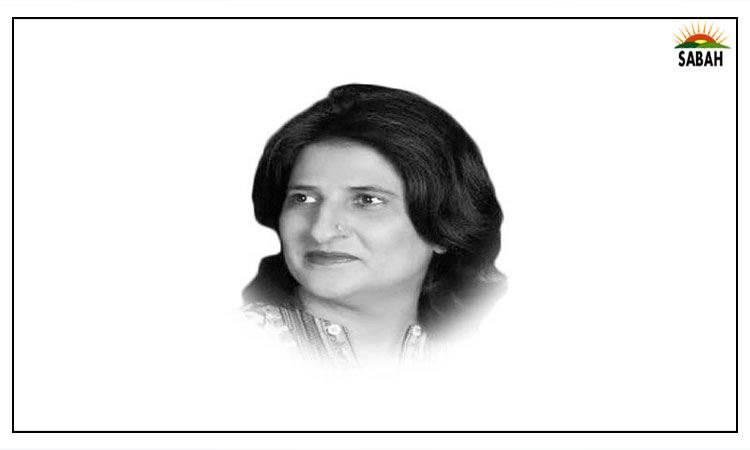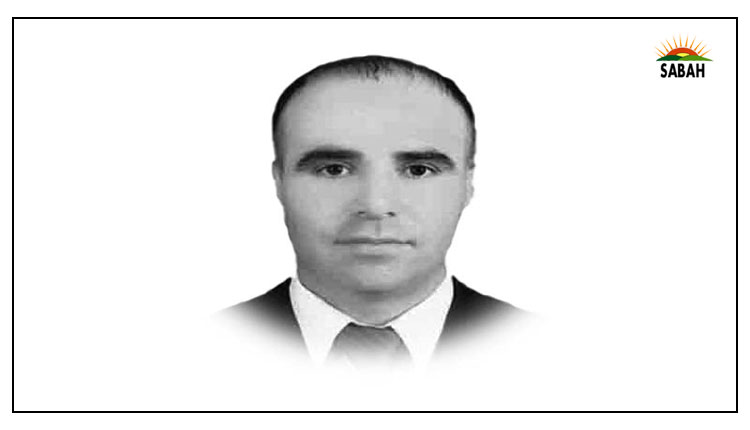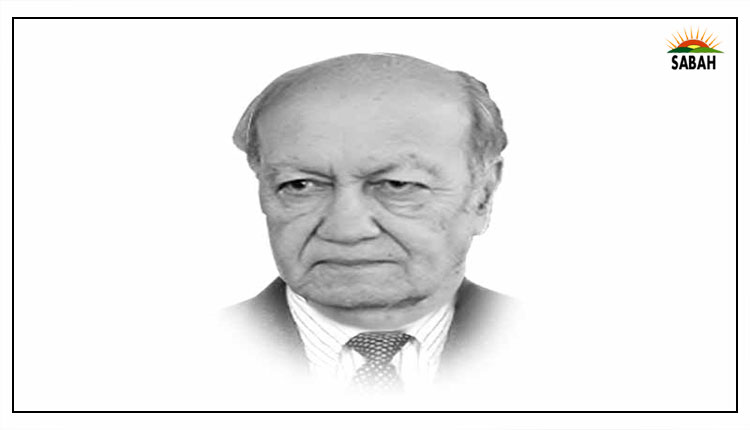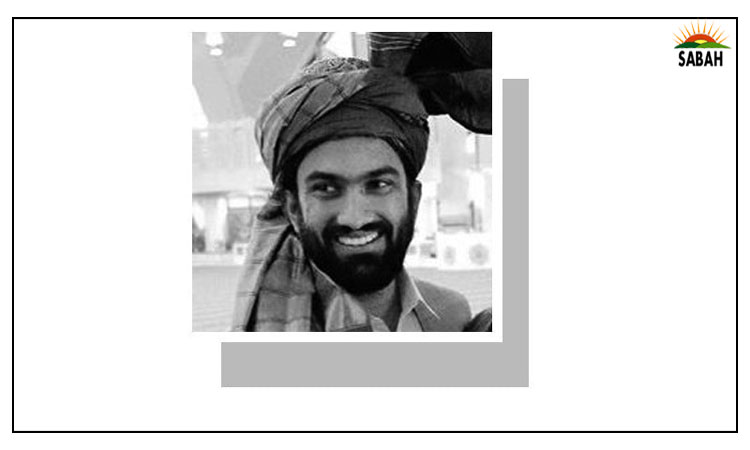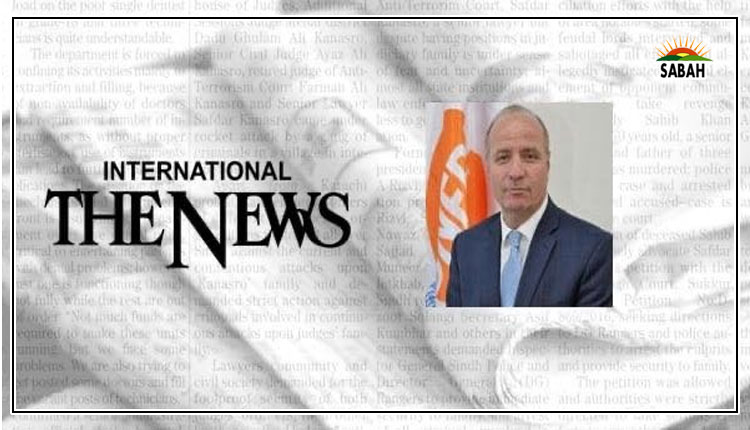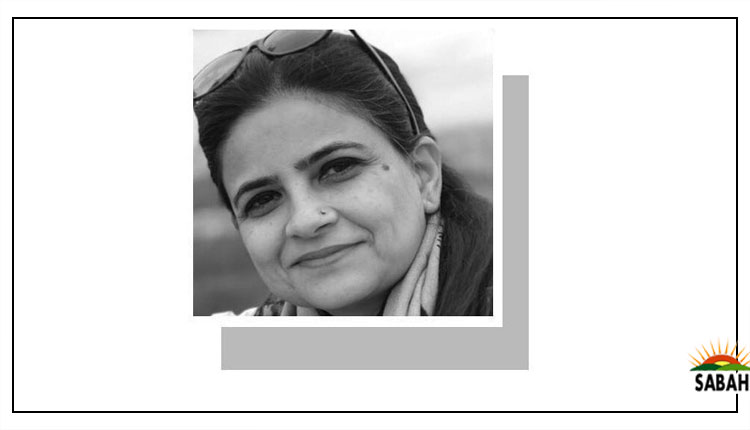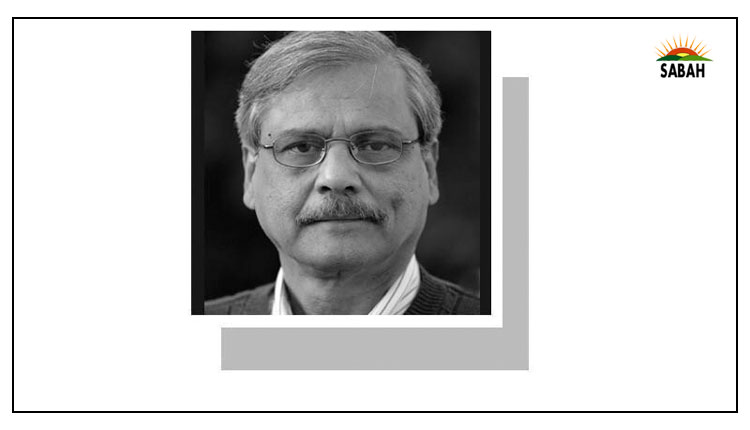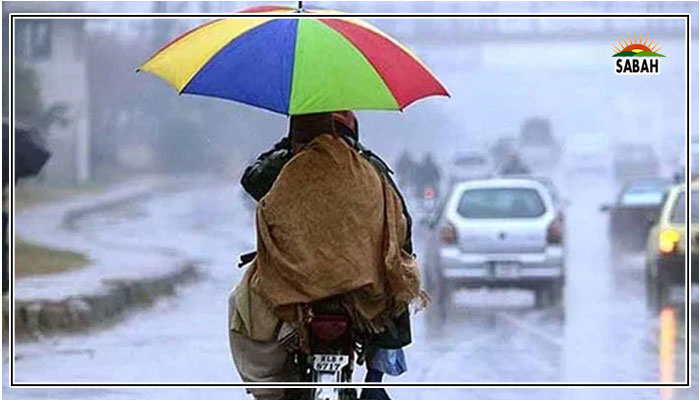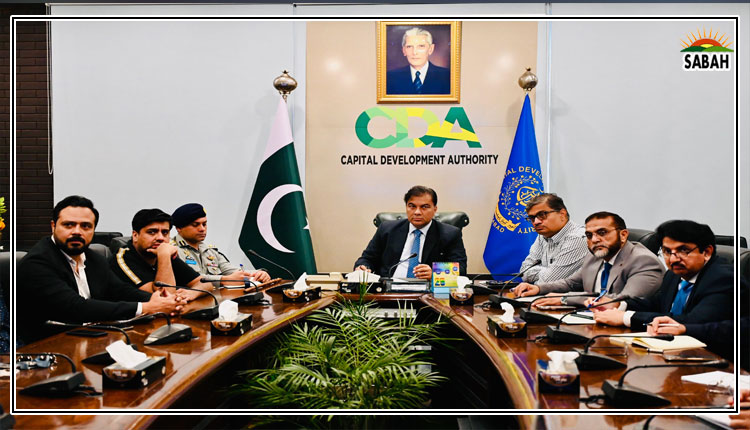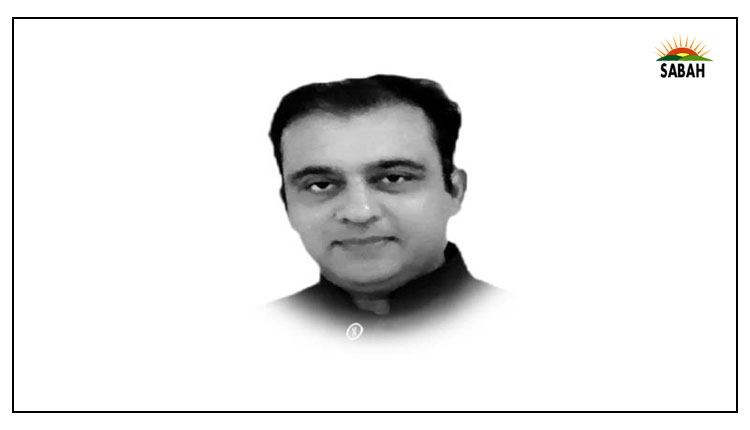Pakistan after the polls ۔۔۔۔ Kamran Yousaf
Khawja Saad Rafique, a veteran PML-N leader, shared an old clip of a speech on X, formerly Twitter, that he delivered on the floor of the National Assembly in June 2020. The crux of his charged speech was that the way this country was being run, time was not far away when no one would be ready to become the Prime Minister. Saad Rafique words seem to have come true. The February 8 elections results delivered a split mandate. None of the parties have a simple majority to form the government. Contrary to the pre-poll projections, the PTI-backed candidates took the lead, though they too are short of simple majority. Yet, PML-N decided to form the government at the Centre with the help of other parties namely PPP and MQM-P. But, intriguingly, the three time former Prime Minister Nawaz Sharif declined the offer to become the chief executive of the country for a record fourth time. This was despite the fact that the PML-N built its election campaign on the return of Nawaz Sharif. Their party anthem ‘Pakistan ko Nawaz do’ reflected that aptly. But Nawaz instead named his younger brother, Shehbaz Sharif, to return as Prime Minister.
The reason elder Nawaz refused to become Prime Minister stems from the fact that his party could not get a simple majority. Second, his own seat where he won against the jailed PTI-backed candidate, Dr Yasmin Rashid, is being contested. Third, Nawaz has been on the Pakistani political scene for long enough to understand that the incoming government will not be popular on the streets given the split verdict. In fact the PTI claimed if elections results were compiled based on Form 45 they would get a two-thirds majority. Even though the PPP agreed to vote for the PML-N nominee for Prime Minister, the party is not ready to join the cabinet. The PPP was part of the PDM government for 16 months after the ouster of Imran Khan in April 2022. Bilawal Bhutto and other PPP leaders feel that the new government may not survive long and hence they are playing safe. The ultimate loser in this high stake game seems to be the PML-N, whose vote bank had already been dented in the February 8 polls. That has been the reason that many within the PML-N feel the party should not form the government at the Centre. Instead Khawja Saad proposed that PTI, being the lead party, should be allowed to form the government. But the powers-that-be certainly want all political forces minus PTI to join hands to form the government.
Pakistan has been grappling with political instability for the last two years. Elections that were supposed to take place in November delayed for a few months. There were speculations that polls might not take place even in February. But the Supreme Court ruling made sure there were no further delays. When the elections were finally held, there was a hope that the democratic exercise would bring some semblance of political stability despite all the controversies prior to the elections. But the outcome of polls has thrown Pakistan into a bigger mess. With no clear mandate, a weak and unstable government seems in the offing. This will only complicate Pakistan’s troubles. The country needed a strong government with a legitimate mandate not only to take critical decisions but also to deal with the outside world. The most pressing challenge is to keep the economy afloat. The current IMF standby arrangement will end in March-April. Given the external sector, Pakistan needs an extended IMF bailout programme. The extended programme, no doubt, will carry tough conditions that require the incoming government to take unpopular decisions. Parties that have already lost their political capital in the recently held elections would be reluctant to undertake that painstaking process. The ultimate price of this game of thrones and power struggle would only be paid by this nation of 240 million people. God bless Pakistan!
Courtesy The Express Tribune, February 19th, 2024.


